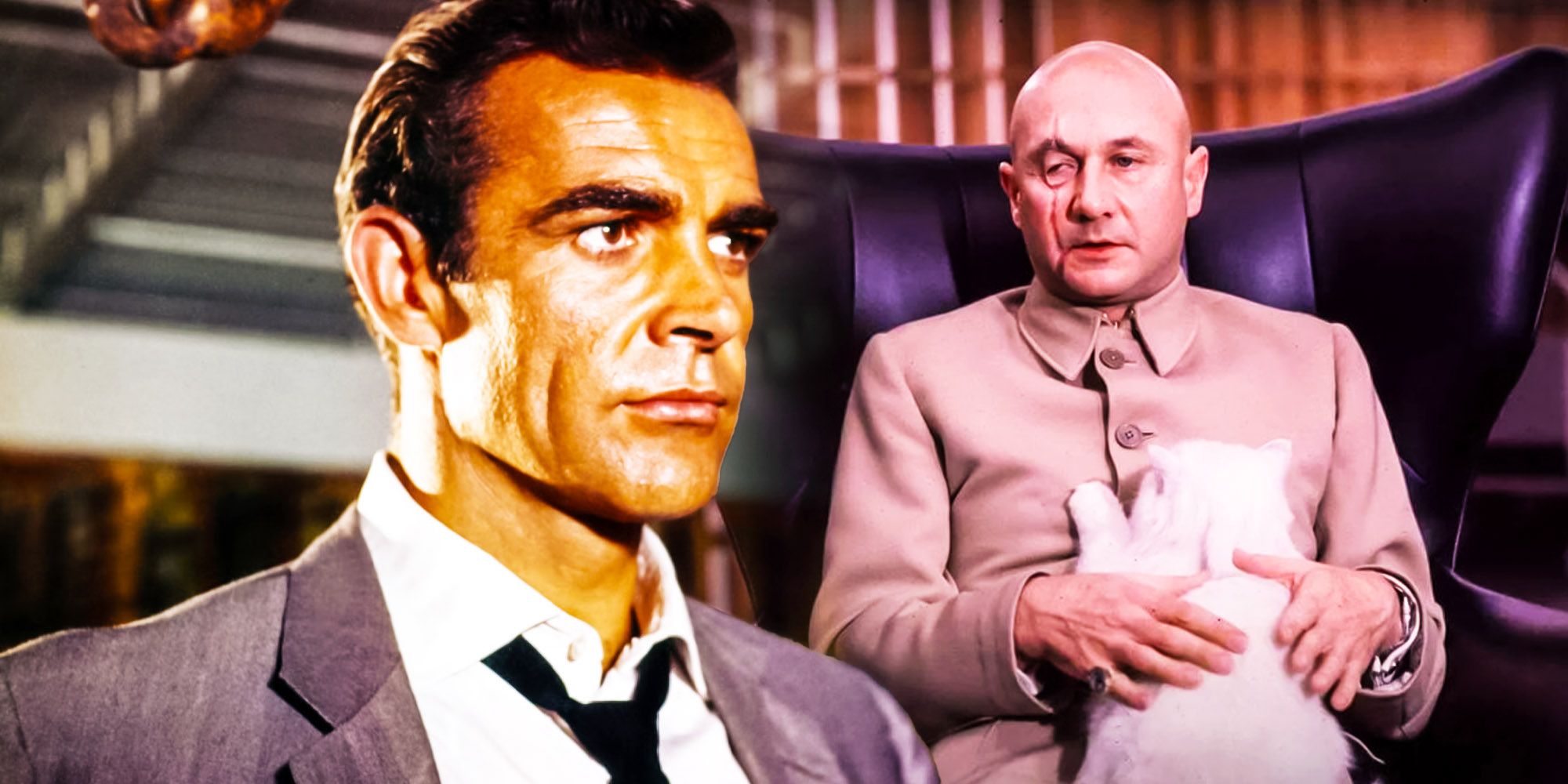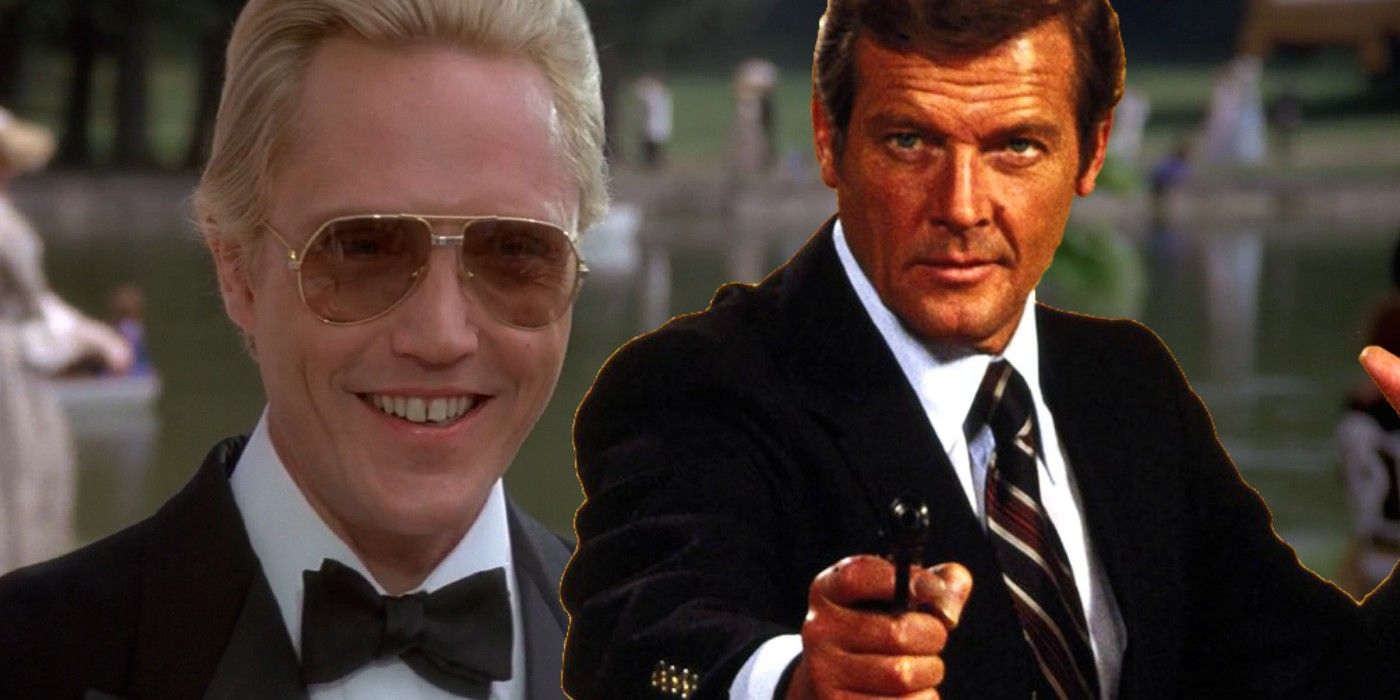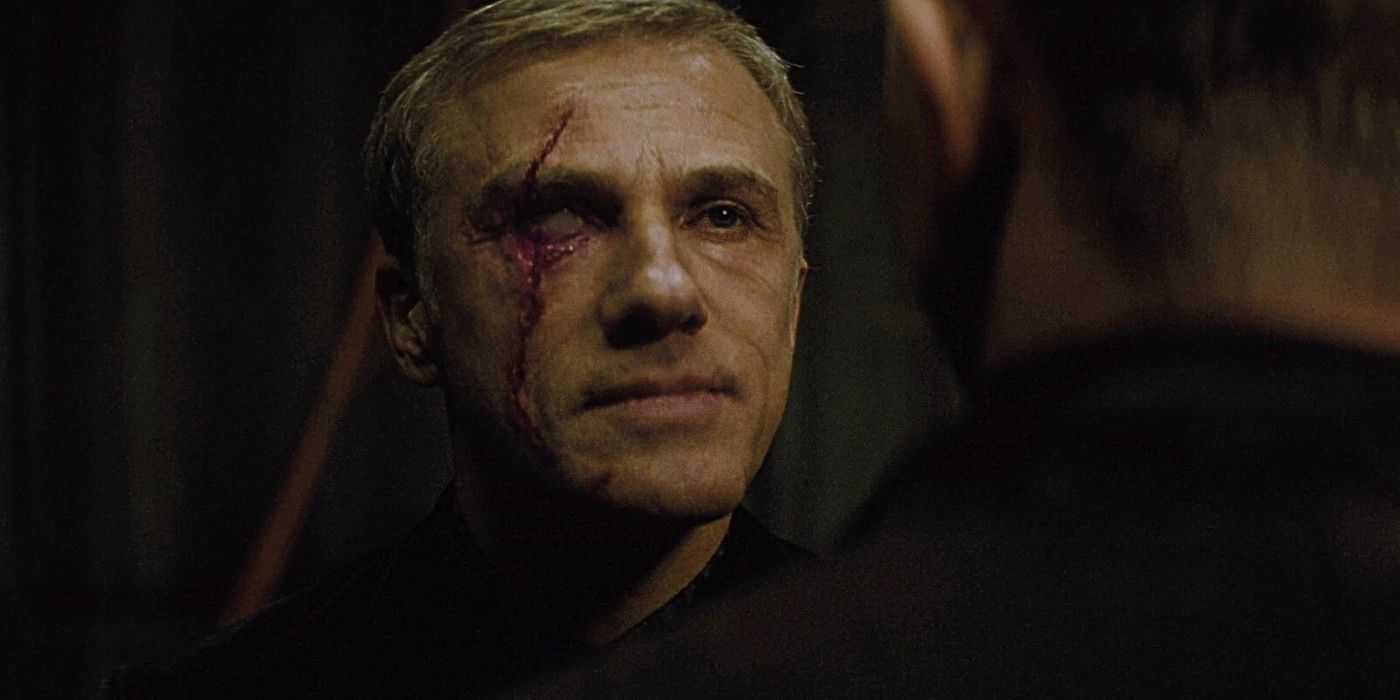The James Bond movies lost the rights to both Spectre and their ruthless leader Blofeld for decades - but this was to the franchise's benefit. The first two Bond films are somewhat grounded spy thrillers, but as the series evolved and became increasingly popular with audiences, the action sequences, gadgets and villains became more and more outlandish. This extends to Spectre, (AKA Special Executive for Counter-intelligence, Terrorism, Revenge and Extortion) a shadowy organization behind many of the events in the Sean Connery Bond era. Of 007's many foes, Blofeld is easily the most recognizable.
Following Diamonds Are Forever, Spectre became conspicuous by their absence due to a legal battle involving Ian Fleming's Thunderball novel. Fleming developed Thunderball as a screenplay with Jack Whittingham and Kevin McClory, with Spectre and Blofeld being created for this potential movie. Fleming later dropped the project but reused the story for his novel, leading to McClory suing for plagiarism. McClory was later granted the movie rights following his legal action and produced the resulting 1965 adaptation. A deal struck with EON allowed him to produce a remake after ten years also, and since McClory owned the rights to Spectre, this was where the Bond series ran into trouble.
Losing Spectre & Blofeld Forced The Bond Series To Get Creative
Spectre and Blofeld were set to return for Roger Moore's third Bond adventure The Spy Who Loved Me, while McClory was busy prepping his non-EON Bond adventure Warhead. The latter would get tied up in years of legal disputes but was eventually produced in 1983 as Never Say Never Again. Spectre was dropped from The Spy Who Loved Me over these legal entanglements, but this became a blessing in disguise. While Spectre was an iconic part of the franchise, the early movies became too dependent on them. Thus, EON was forced to get creative when it came to developing worthy foes for 007 to fight.
The Cold War provided Moore's Bond was a steady supply of Russian foes, though it also produced some hall of famers like Jaws or Christopher Lee's Scaramanga. In the decades that passed, various iterations of the spy would face off with drug kingpins, rogue MI6 agents and media moguls peddling dangerous lies. The movies were forced to look for a way to keep the character relevant in the face of an ever-evolving movie and social landscape, which is partly why it has managed to survive for six decades and counting. Had it kept resorting to Spectre or Blofeld, it would have fallen victim to diminishing returns.
Daniel Craig's Spectre Proved They Weren't Needed
There was much excitement when it was confirmed the criminal organization would be returning for the fittingly titled Spectre, Daniel Craig's fourth adventure. Unfortunately, their arrival and Christoph Waltz's Blofeld proved more of a hindrance than a help. 2015's Spectre had to tie itself in narrative knots to make it appear the group was always in the background of Craig's past movies, with Blofeld himself being the foster brother of Bond. Not only was this retcon unnecessary - and one that retroactively undermined the likes of Javier Bardem's Silva - but it made Blofeld himself come across as rather petty instead of menacing.
Their triumphant return to the James Bond saga after decades turned out to be a damp squib. No Time To Die later treated Spectre and Blofeld like inconvenient plot threads that had to be tied off than an integral part of the story, which underlined how little the Craig run needed them. Of course, part of the problem was the need to carve out a space for Spectre in a storyline that was never designed to include them. Perhaps Bond 26 can find a way to reintroduce the organization to modern audiences, but that said, maybe the Thunderball lawsuit was an unexpected boon to the franchise after all.



